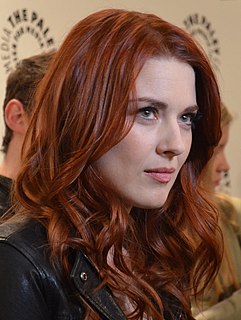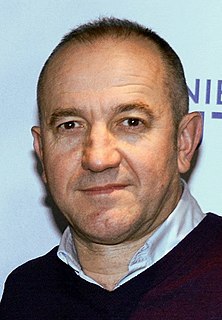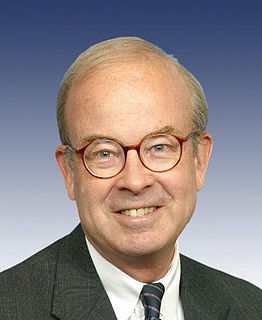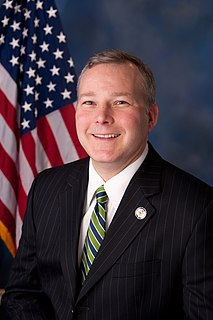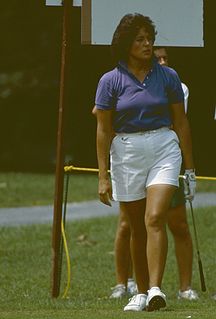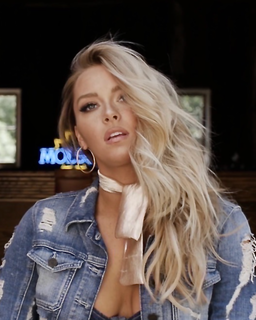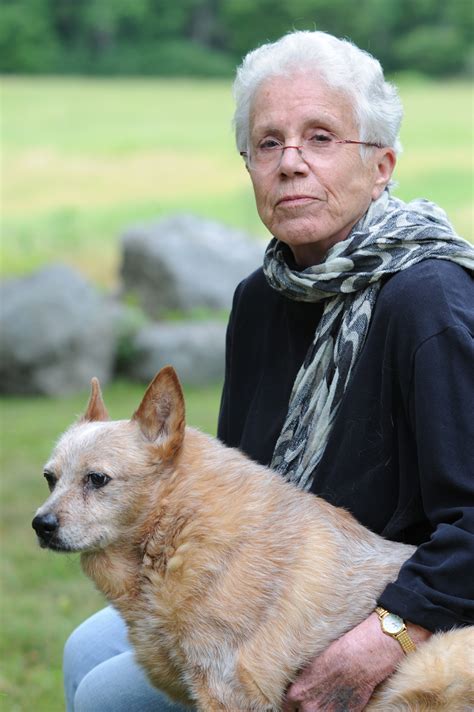A Quote by Jack Nicholson
Comedy is much harder, it's a lot more exacting. You can't just be real and you can't just use the same kind of techniques you use to fill up a regular scene.
Related Quotes
Some directors don't say much. Michael Mann, for example. I remember on 'The Insider' he never had much to say. He would do a scene, just kind of nod, and then set it up to do it again. And you might do a scene 10 or 12 times or more, the same little 31-second bit. And you could tell he wasn't satisfied, but he wouldn't say much.
I don't use any techniques; I'm not trained to be an actor. I just enjoy working in films. It's more instinctive rather than anything else. I don't do the calculated rehearsed kind of approach, and I hope that I can continue that because I believe that instinct is much stronger and greater when you are performing on camera.
Having written both comedy and drama, comedy's harder because the fear of failure's so much stronger. When you write a scene and you see it cut together, and it doesn't make you laugh, it hurts in a way that failed drama doesn't. Failed drama, it's all, 'That's not that compelling,' but failed comedy just lays there.
I knew I just loved comedy, and I think it was my parents who initially brought up the notion of me trying to do stand-up. I think I actually tried writing jokes just at home, just kind of sitting around. But it seemed like a very real way to step into the world of comedy. I felt I could do it, so why not?
Every singer has three or four or five techniques, and you can force them together in different combinations. Some of the techniques you discard along the way, and pick up others. But you do need them. It's just like anything. You have to know certain things about what you're doing that other people don't know. Singing has to do with techniques and how many you use at the same time. One alone doesn't work. There's no point to going over three. But you might interchange them whenever you feel like it. It's a bit like alchemy.

